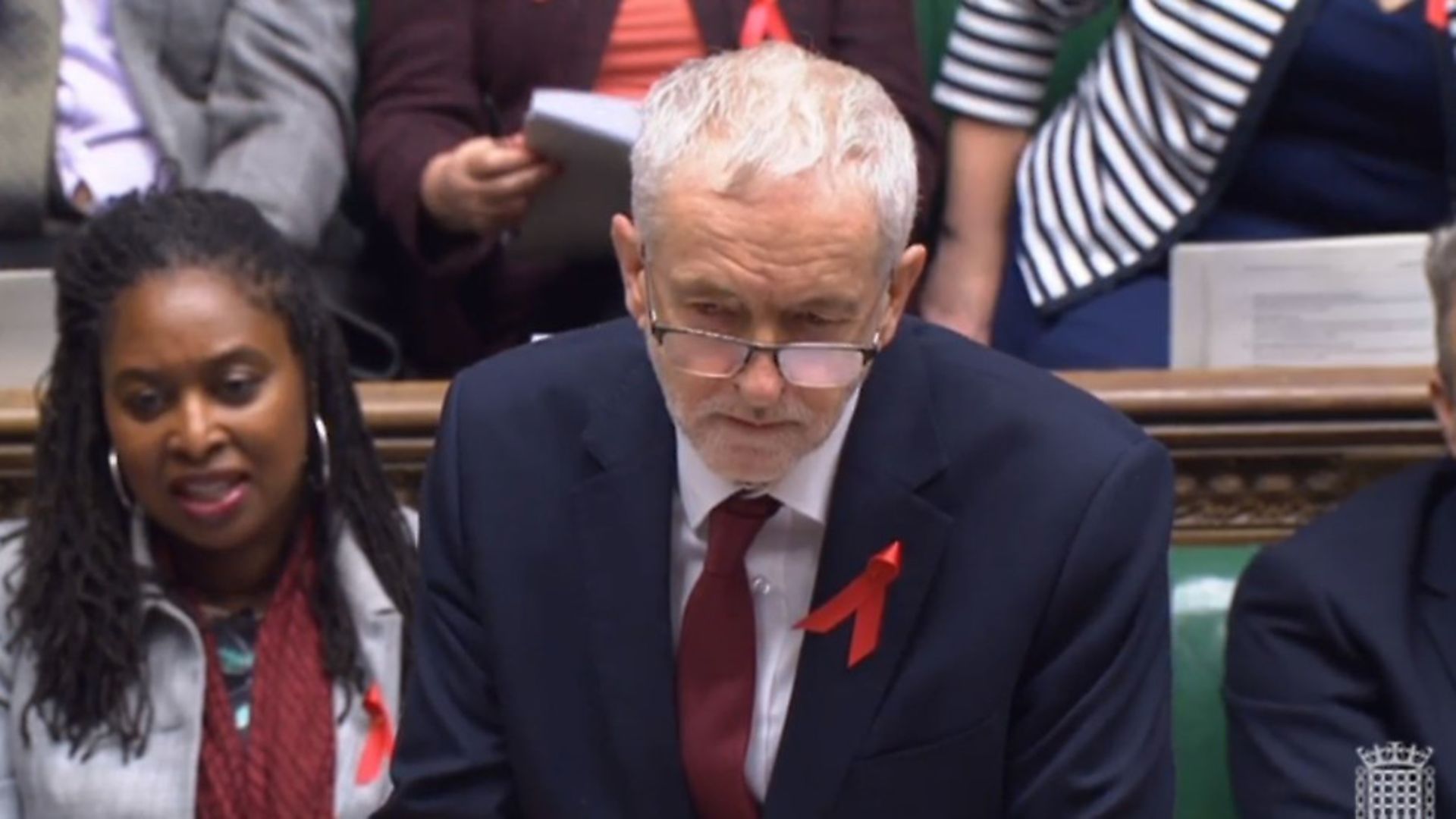
The Labour leader’s ultimate ambition is to restore power to Labour members. The only way to do this is to come off the fence and support a People’s Vote, says ANDREW ADONIS.
Jeremy Corbyn’s essential problem with the EU is that it isn’t a Latin American liberation movement. It is far too unrevolutionary, boring, democratic and successful. This is why most of us – including on the left – like it so much. But it doesn’t get Jeremy’s juices flowing and he yields to its virtues reluctantly. However, the time has come to yield, and he knows it.
He has left-eurosceptic instincts. I believe him when he says that he voted Remain in 2016 and I believe that he will eventually campaign for Remain in the coming People’s Vote, But he needs our help if he is to lead his party to the cause of a People’s Vote and – via that referendum – to Remain.
Labour’s reconnection with its democratic tradition is a great opportunity for him. Unlike most modern political leaders, Jeremy does not live or die by the pride of his own positions; he is open to his mind being changed by his members. From his winning campaign in 2015 to this year’s conference, Jeremy has been clear – he wishes to restore ultimate power to Labour members.
On Brexit, the case is inarguable. Eighty-six per cent of Labour members want a People’s Vote. At conference this year, the number of contemporary motions (the principal mechanism by which the membership can express itself at Labour conference) supporting a People’s Vote was – at over 100 – the highest on any issue, ever. Labour is not ‘split’ on Europe – we are a mass membership movement that is united in spirit; committed to fighting and to winning a fresh referendum.
A Brexit stitch-up behind closed doors – one that denied Labour members their preference on Europe – would be an appalling breach of trust. For Jeremy, such an abandonment of principle would be both out-of-character and character destroying. Young and old, Jeremy’s supporters have flooded into the Labour party bringing new life and driven by a spirited rejection of the old cynicisms. I cannot believe that Jeremy would let them down now. They listened to the promise of democracy and of members’ voices driving policy; they must not be betrayed.
There are some Labour members and MPs who do not share the party’s collective judgement on the need for a People’s Vote. And there are trade unions – so essential to the fabric of our movement – who, despite the economic interests of their members, do not yet feel comfortable arguing for a referendum to stop Brexit. So what we need is for Labour members to do two things. First, to speak up in your CLPs and your associations to ask for a Special Conference. Held immediately after the ‘meaningful vote’, such a Special Conference – gathering the membership, the PLP, our trade union colleagues and affiliates – would be an opportunity for the party to decide our policy not on a hypothetical basis (as at the last conference) but on the very real choice that will then exist between leaving on a ‘negotiated no-deal’ or a People’s Vote.
Debate will be aided by the timely forecasts, released by the Treasury this week, showing how May’s deal will make Britain poorer – never mind the calamity of no-deal – and the admission by the chancellor that staying in the EU would provide the best outcome of all.
The arguments would be aired, the Labour membership would decide and Jeremy – naturally – would then throw his weight and campaigning ability behind what the party wants. The second thing that Labour members and supporters must now do is to write to the general secretaries of your trade unions. Through understandable loyalty to Jeremy and out of a reasonable wish not to be seen to dictate the party’s policy, many of our most important union leaders have not yet spoken out in their members’ interests to demand a People’s Vote. It lets working people down when their industrial leaders will not fight for them and their livelihoods. The unions play an essential role on Labour’s National Executive Committee and – with Jeremy – will decide whether we get the Special Conference that we need when the time comes.
The answer to a democratic crisis is more democracy, not less. Brexit can only be stopped democratically, at the ballot box. That is the case within parties as much as it is for Britain as a whole. Labour needs a people’s vote –about a People’s Vote.
So what should Jeremy do? It is very simple. He should follow the overwhelming view of Labour members and MPs, and back a People’s Vote with an explicit intention of campaigning to stay in the EU.










